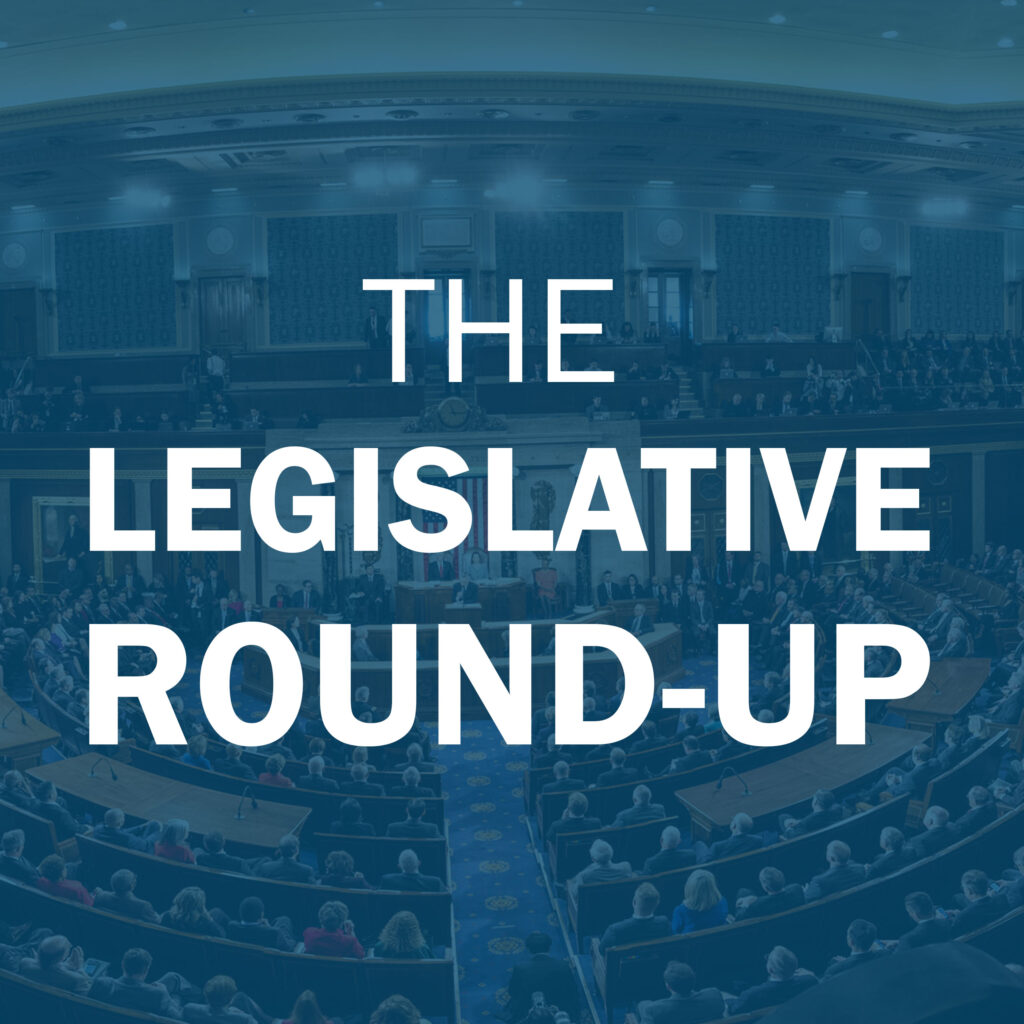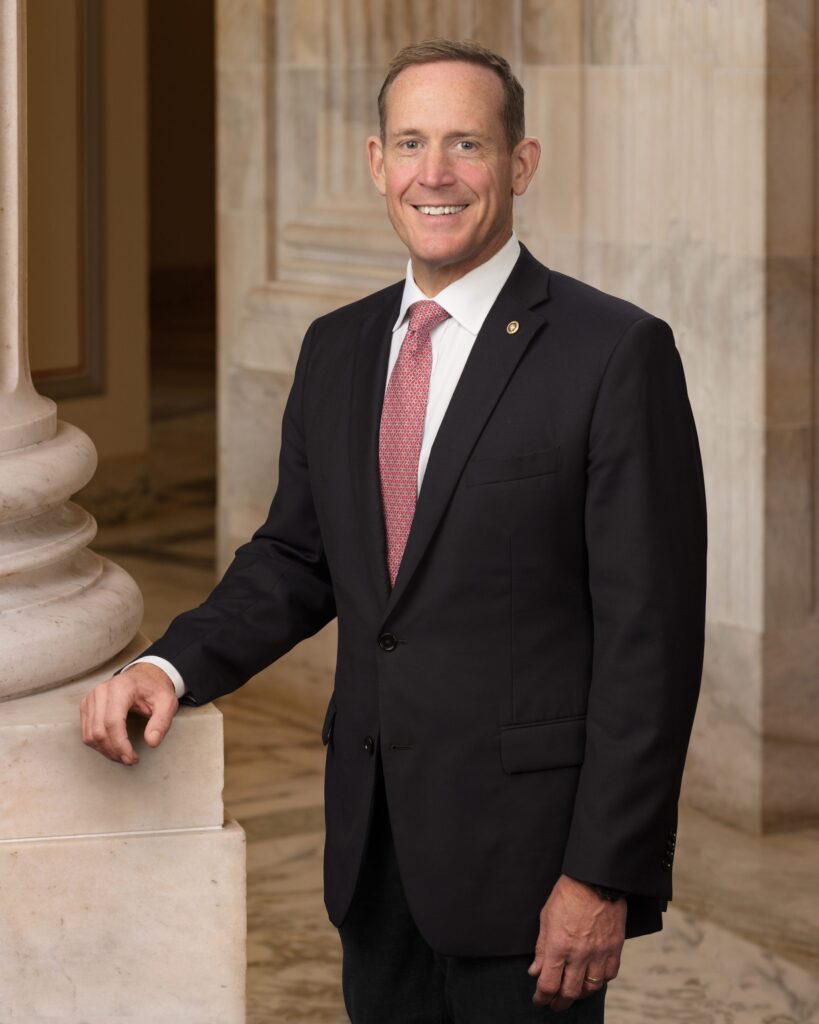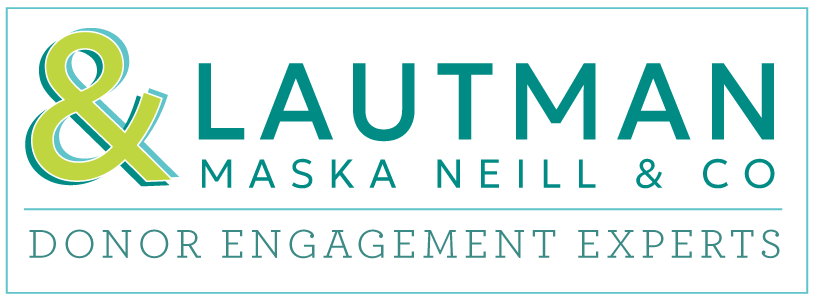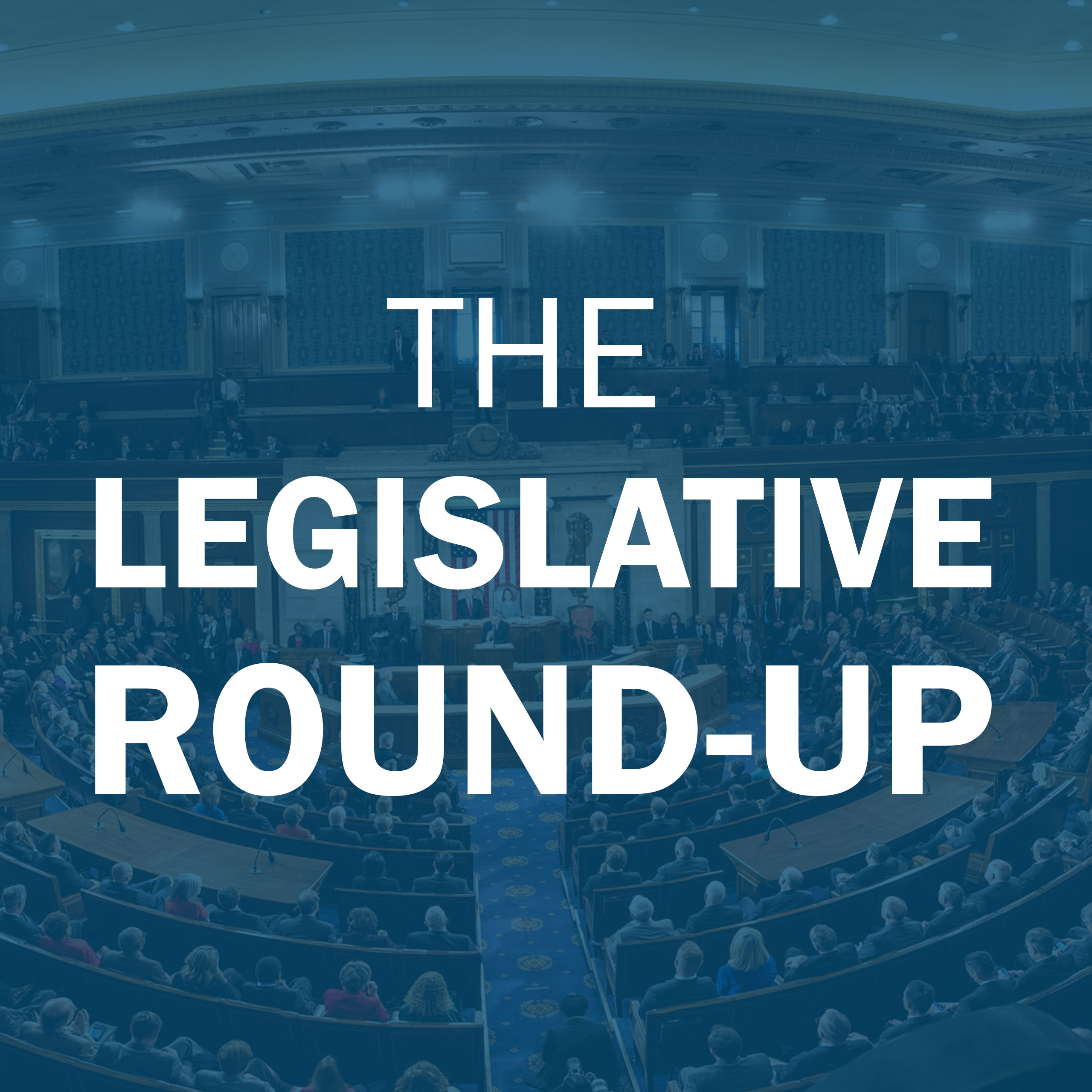Legislative Round-Up | January 2024

Congress Provides Temporary Funding to Keep the Government Open
Congress avoided a government shutdown by approving short-term funding until early March. The temporary measure, signed into law by President Biden, will run until March 1 for some agencies and extends funding for other parts of the government until March 8. Thus, in roughly a month, Congress will face another funding challenge to keep the government open.
On January 19, the House Ways & Means Committee reported out of committee for consideration on the House floor H.R. 7204, the Tax Relief for American Families and Workers Act of 2024. Among the legislation’s key provisions was an increase in the current childcare tax credit available to lower and middle income families from its 2022 level of $1,600/child per year, escalating over the next three years to ultimately
$2,000/child in 2025. Additionally, the legislation included several provisions providing more favorable depreciation for business assets.
Unfortunately, the provision The Nonprofit Alliance (TNPA) has long sought — a reinstatement of the Universal Charitable Deduction of $600 for married couples filing jointly and $300 for individual taxpayers, regardless of the taxpayer’s level of income — was not included in this tax legislation. For reference, the Universal Charitable Deduction expired at year-end 2021, December 31, 2021. Specifically, the Universal Charitable Deduction remains in limbo, along with over 20 other tax provisions that have expired over the past few years. There has been a sustained effort by the two Senate champions on the universal charitable deduction – Senators James Lankford (R-OK) and Chris Coons (D-DE) – to make sure their legislation is included in any future tax package, which would extend the expired provisions.
The Patchwork Quilt of State Privacy Laws Continues to Expand
With the New Jersey Privacy Statute signed into law on January 16, the list of states with their own state privacy statutes now numbers thirteen. Importantly, the NJ statute covers nonprofits.
Of the thirteen states with privacy statutes, five of them: Colorado, Delaware, Indiana, Oregon, and now NJ cover nonprofits. While the other eight states do not: California, Connecticut, Iowa, Montana, Tennessee, Texas, Utah, and Virginia. While we do not want nonprofit organizations (NPOs) covered by privacy legislation, if privacy legislation is limiting and costly for the source of data for most NPOs – their commercial partners, NPOs will ultimately bear the burden of less data and higher cost for the data they utilize.
With that as background, in 2024, we expect several states to consider enacting their own state privacy statutes.
What is Congress Doing to Provide a Uniform National Privacy Standard?
The short answer is not enough. In 2022, the House Energy & Commerce Committee reported out of committee for possible consideration on the House floor of the American Data Privacy and Protection Act. While representing a step toward a national privacy standard, the bill needed several major areas for improvement. Specifically, it included fifteen carveouts, which would allow current state privacy-related statutes to stay in force. It also allowed for a Private Right of Action, which could lead to frivolous class action lawsuits. The legislation never advanced to the House floor and thus died at the end of the two-year congressional cycle (December 2022). Since then, major privacy legislation has yet to be addressed by Congress.
Sound national privacy legislation should include the following:
- A clear, uniform set of national standards and guidelines.
- A clear preemption of any current or future state privacy statutes to create national consistency of laws.
- Require that litigation of federal privacy legislation be filed in only federal court (and not state courts), which would create greater national uniformity of enforcement.
- No Private Right of Action, which could result in a proliferation of class action lawsuits, many of which would be frivolous.
Read more about new state laws and proposed state bills that could impact the work of the nonprofit sector by visiting TNPA’s State Legislation webpage.
Congressional Spotlight: Senator Ted Budd (R-NC)
Each month TNPA introduces you to a member of Congress who is a leader on legislative matters important to our TNPA community, with representation from both parties.

Q&A with Senator Ted Budd
TNPA has worked closely with Senator Ted Budd of North Carolina. TNPA had the opportunity to ask the Senator a few questions, and share them here:
When was the moment you realized you were serious about getting into public service?
Our entire family has always had a commitment to serving others, either in business or through civic engagement. I had thought about running at some point potentially later in life, but I felt called to run for the U.S. House in 2016 because I was deeply concerned about the direction of our country and wanted to serve my community at such a critical time.
Advocacy Partners
Gold Sponsors
Bronze Sponsors
Are you interested in sponsoring TNPA’s advocacy program?
Contact Abby Graf at agraf@tnpa.org.






